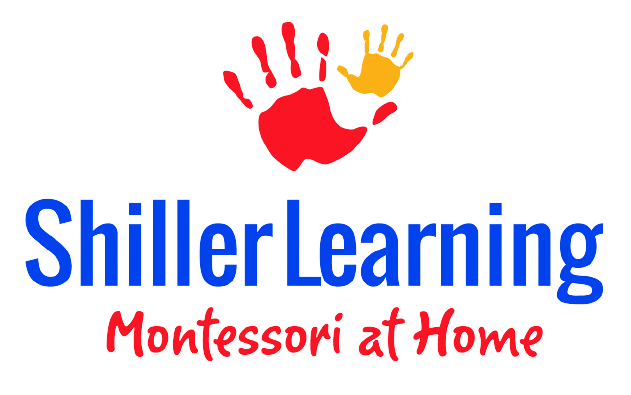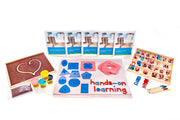A common remark parents make when learning about the Montessori method is the use of positive phrases. Parents often skip over this entirely when they think about correcting poor behavior. Through the implementation of Montessori in a homeschool, or attendance at a Montessori school, parents learn to use these key phrases. With this, our parenting styles can shift overnight with a few key phrases. Maria Montessori believed that children should be respected and talked to with maturity and respect. She had little tolerance for “baby talk,” or for simplifying things too much when speaking with a child. She recognized by using positive phrases, we help to affirm and build up our children’s education, self-esteem and ability to interact in the world.
Where Our Parenting Styles Begin
As parents, it is easy to fall into a rut with our “catch phrases.” Most parents have phrases they use often that our children have grown accustomed to. These phrases are often phrases Montessori views as “negative phrases.” Negative communication is not something we set out to use, it tends to be a rut we fall into without even realizing it’s snuck in. When we strive to use positive phrasing, we’re looking to use words that are true, brief, clear and inviting.
When we start using words like “May,” “can,” and “let’s,” we reduce power struggles, invite the child to join us and eliminate open-ended choices which can overwhelm a child. Believe it or not, Montessori also discourages the use of phrases such as “Good boy/girl,” “Good job” & “You’re so great.”
How to Discipline a Child Using Positive Phrases
Using “No” is also avoided in most situations in a Montessori environment, reserved mainly for safety issues. For example, if a child wants to help you fix supper but you don’t have a way for them to help (or you don’t want little hands in the way.) Instead of saying “no” try “You may set the table while I cook.” No has inherent negative connotations and remarkable changes in communication can occur when replacing “no” with positive phrases instead.
Examples of Positive Phrases to Incorporate Into Your Homeschooling
- “I can see how hard you’re paying attention.” - Try replacing “You’re so smart,” “Don’t ignore me,” and “Why aren’t you listening?” with this phrase instead
- “I saw how hard you were working.”- This is a great phrase to use instead of “good work/boy/girl/job.” By using this phrase, we show the child we’re proud of their behavior and habits. It helps to instill a deeper work ethic in them and helps them to avoid seeking praise and reinforcements on their actual work.
- ”Let’s try this…” This is a great phrase to use to redirect a behavior instead of saying “No you can’t do that” For example- let’s say your child is about to pour water out on the table. They’re most likely not looking to create trouble, they just want to play with water. Instead of saying “No, you can’t pour water on the table.” Try “Let’s see what happens if we put the water into this bowl.”
- Try replacing what we don’t want with what we do want- Instead of “Don’t run inside” try “You may go outside if you’d like to run.” Instead of “We can’t buy that toy today,” try “You may save your money for that toy.’
- “It’s time to”- Use phrases like “It’s time to eat,” “It’s time to go.” Try to avoid following them up with “ok.” Many parents get in the habit of saying “It’s time to eat, ok?” By using that little “ok” at the end, we confuse our children into thinking they have an option and can say “no.” By keeping it short, sweet & to the point with “It’s time to…” we can avoid fights
- ”In this home we…” This is a good way to help remind children of family expectations and rules without them feeling like a command. It helps remind the child this is everyone in the family does.






